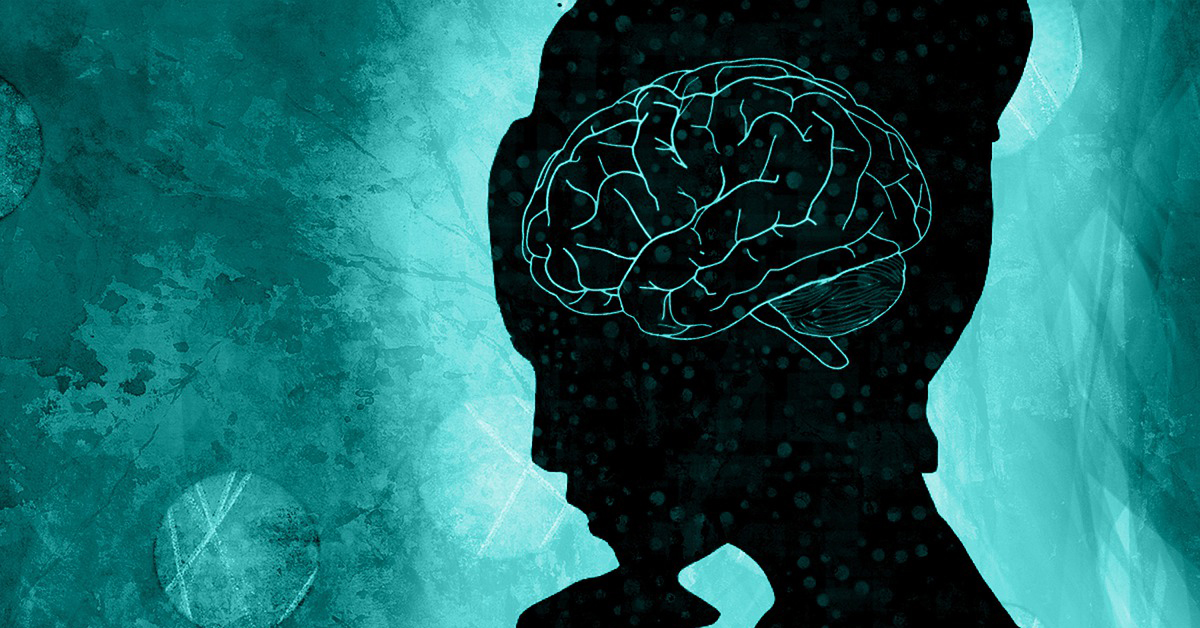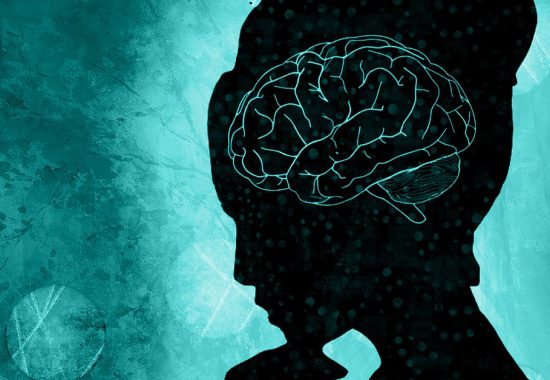
Rehabilitation scientists and care providers have come to understand that traumatic brain injury (TBI) is a dynamic condition that often leads to health issues persisting for many years after the event. For a subset of those living with TBI, decline occurs over time and is likely due to a myriad of causes including progressive neurodegenerative processes, comorbid conditions, aging, behavioral choices, and psychosocial factors. Deterioration, whether directly or indirectly associated with the original brain injury, must be proactively managed to maximize health, independent function, and participation in society.
Moss Rehabilitation Research Institute (MRRI) Institute Scientist Amanda Rabinowitz, PhD, and Drucker Brain Injury Center Clinical Director Tom Watanabe, MD, are part of a group of researchers led by Flora Hammond, MD, of Indiana University that are working to address this need by developing a comprehensive model for the proactive management of TBI. A chronic disease approach to TBI would include identification of risk and protective factors, protocols for early identification, evidence-based preventive and ameliorative treatment, as well as development of self-management training approaches. The project will take 5 years to complete, and it is supported by funding from the National Institute of Disability, Independent Living, and Rehabilitation Research (NIDILRR).
Management of chronic diseases, such as diabetes and heart disease, differs from medical management of acute conditions. Care of individuals with chronic conditions must be coordinated across primary and specialty care providers. Patients themselves must take an active role in day-to-day decisions about the management of their illness. Effective chronic care management relies on the partnership between patients and health care professionals. When patients are more informed, involved, and empowered, they interact more effectively with the healthcare system and make lifestyle choices to promote better health.
Drs. Hammond, Watanabe, Rabinowitz, and their colleagues want to extend this chronic disease approach to people living with TBI. The model they are developing is called “BeHEALTHY,” and it aims to transform treatment of chronic TBI by optimizing diagnosis, evaluation, and management of patients with TBI. This approach is designed as a cooperative model, encompassing primary and specialty care providers, patients, and their caregivers, as well as modifications to the health care system.
This comprehensive approach will involve broad efforts spanning professional education, development of tailored self-management approaches, and structural changes to healthcare systems. For example, clinicians who are not brain injury specialists will require training in methods for identifying TBI in their patients, as well as education on common medical comorbidities and best practices for treating these conditions in the context of TBI. To develop tailored self-management approaches for improving physical and mental health in people with TBI and their caregivers special attention must be given to common cognitive and physical limitations of TBI. These self-management programs may include community resources and peer support groups, as well mobile apps to assist with self-monitoring. In order to ensure that clinical and self-management programs are feasible and sustainable, the group will also design modifications to the health care system to support these efforts. For example, changes to the medical record and billing/funding practices would facilitate communication across care providers and ensure broad access to care. In developing this comprehensive approach, the team is drawing from models of care shown to be effective for other chronic conditions.
Since the project began at the end of last year, the research team has been reviewing the medical literature to inform the development of the BeHEALTHY model. Once developed, the model will be refined using input from people living with brain injury and their caregivers. Over the final two years of the project, the research team will conduct clinical trials to test the components of BeHEALTHY for feasibility, and they will begin disseminating the program to healthcare systems across the country. “The goal is to transform care, so that people with TBI can live longer, healthier, happier, and more productive lives,” notes Dr. Rabinowitz. MossRehab is proud to be one of the TBI Model Systems sites that is participating in this important project. Dr. Watanabe lends his expertise on clinical management as part of the work group that is developing guidelines for clinical care. Dr. Rabinowitz is overseeing all project-related research activities at Moss and contributing to the effort to develop self-management approaches.


3 comment on “New Collaborative Research Project Aims to Transform the Treatment of Chronic Traumatic Brain Injury”